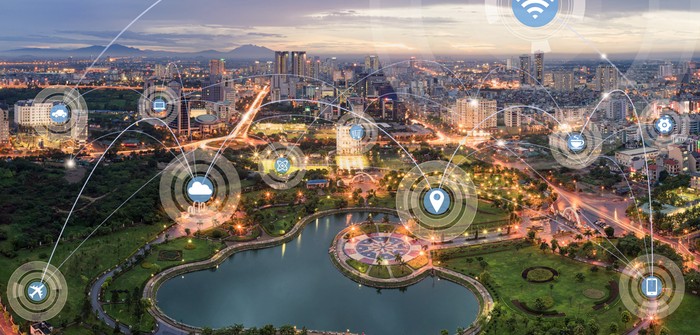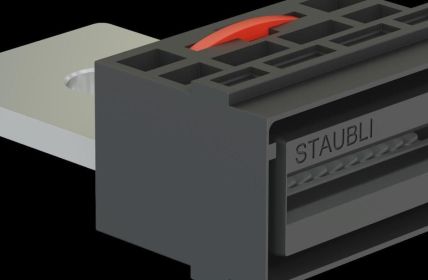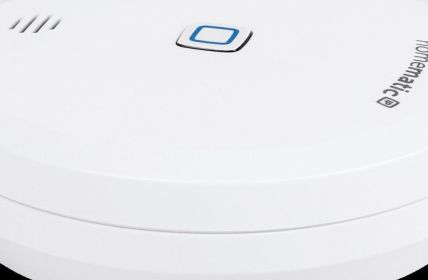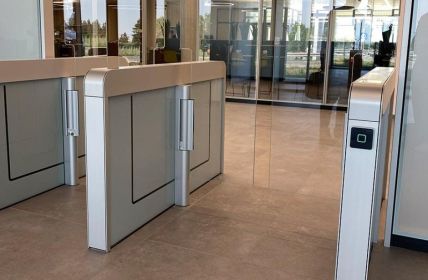The city government of the Californian city of St. Pete Beach has entered into a cooperation with the IoT developer Libelium in order to tackle the many parking problems. Using a cloud solution, free parking spaces are to be distinguished from occupied ones and reported in real time. A solution that could also interest property managers.
Table of Contents: What awaits you in this article
Attractive destinations – dwindling parking spaces
Who is not familiar with the problem of spending hours looking for parking spaces in cities? Whether you are traveling in attractive and increasingly dense inner city areas for business or pleasure. It is always almost hopeless to find free and inexpensive parking spaces for one’s own vehicle in the immediate vicinity of the intended destination.
Parking problems for visitors and residents
Sometimes even residents of real estate are forced to park their cars many blocks away because everything is occupied directly in front of their own front door. Suppliers who only want to drop something off for a short time and then stay the whole day and the following night. Tourists who save themselves expensive bays in parking garages by simply blocking tenant spaces. Or landlords who only notice after years that parking spaces that have been paid for several times are simply more worthwhile than those that are free or charged with the ancillary costs. Everywhere, the space for parkers is constantly shrinking.
Real-time needs of different groups
A mixed situation that is not foreign to the tourist magnet St. Pete Beach. Again and again, complaints are made to the administration that people cannot find places to park their cars within a short time. Also, the frequent occupation of parking spaces explicitly designated for disabled people by non-disabled people often causes displeasure among travelers and residents.
IoT against the lack of parking space
That’s why those responsible have teamed up with the IoT manufacturer Libelium to find a remedy for this problem. The solution developed involves the use of 750 IoT sensors in an initial trial. These will be placed in locations suitable for parking. Whenever a car is parked there or moved away from it, the modules report this in real time to a cloud. This is able to forward the generated data to the city’s website or, via an application, to interested smartphone owners. Travelers and residents can thus check at any time where the nearest suitable parking space is located. In addition, extra spaces are designated for disabled people that are closer to popular destinations.
Growth market IoT traffic control
For many experts, it is clear that the future of cities will be smart. Growing influxes and increasing traffic volumes in the hearts of metropolises must somehow be reconciled with limited infrastructures. Increasing intelligent networking promises possible solutions here. Not least because the sensor technology required for this is often becoming increasingly affordable. Their potential applications are also developing visibly. From managing available parking capacity to regulating traffic flow and directing groups of people to public transportation, many things can already be implemented today. Globally, moreover, the smart parking market is expected to have the potential to exceed $11 billion by 2027, up from $6 billion in 2019, according to industry experts.














